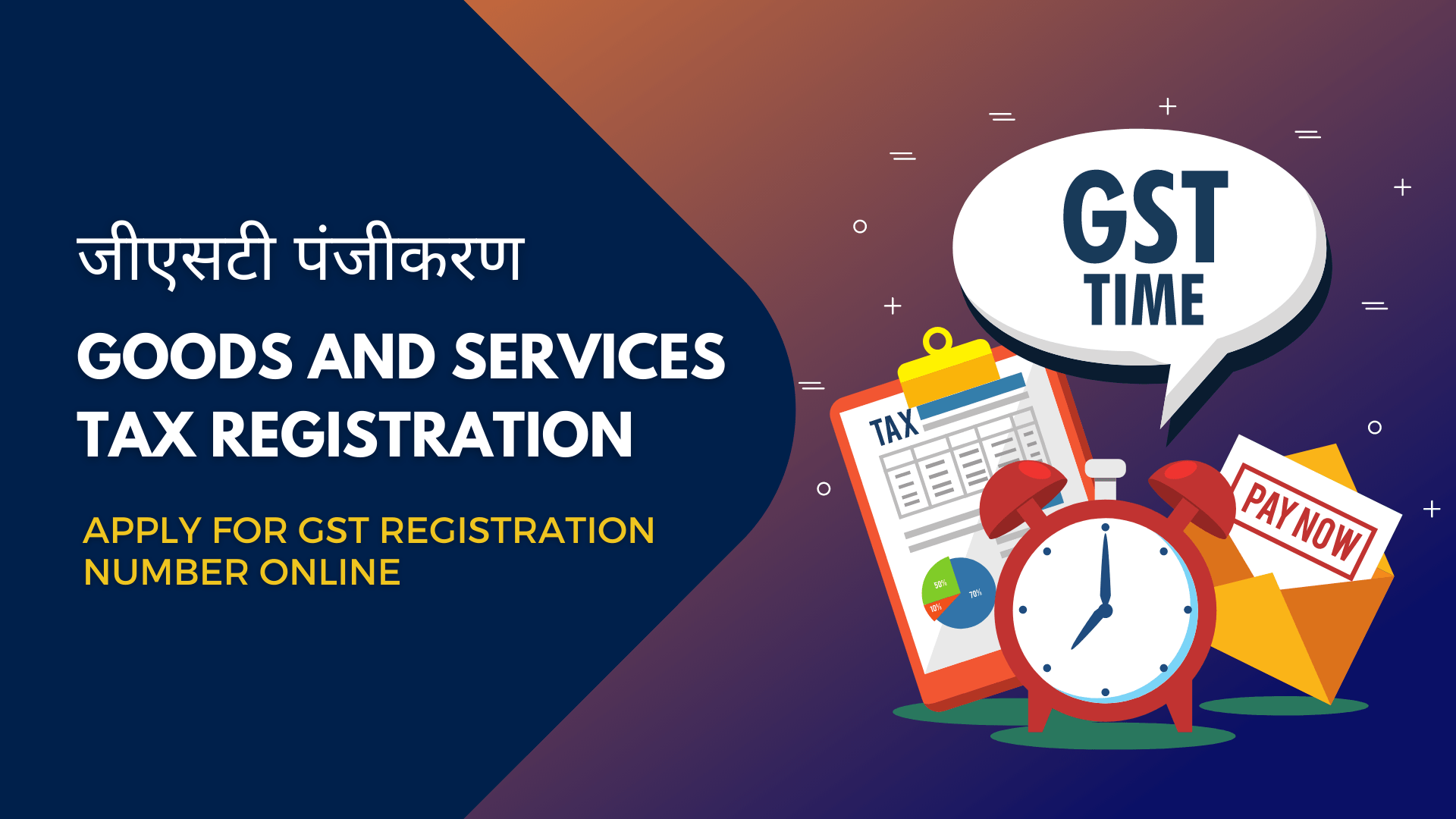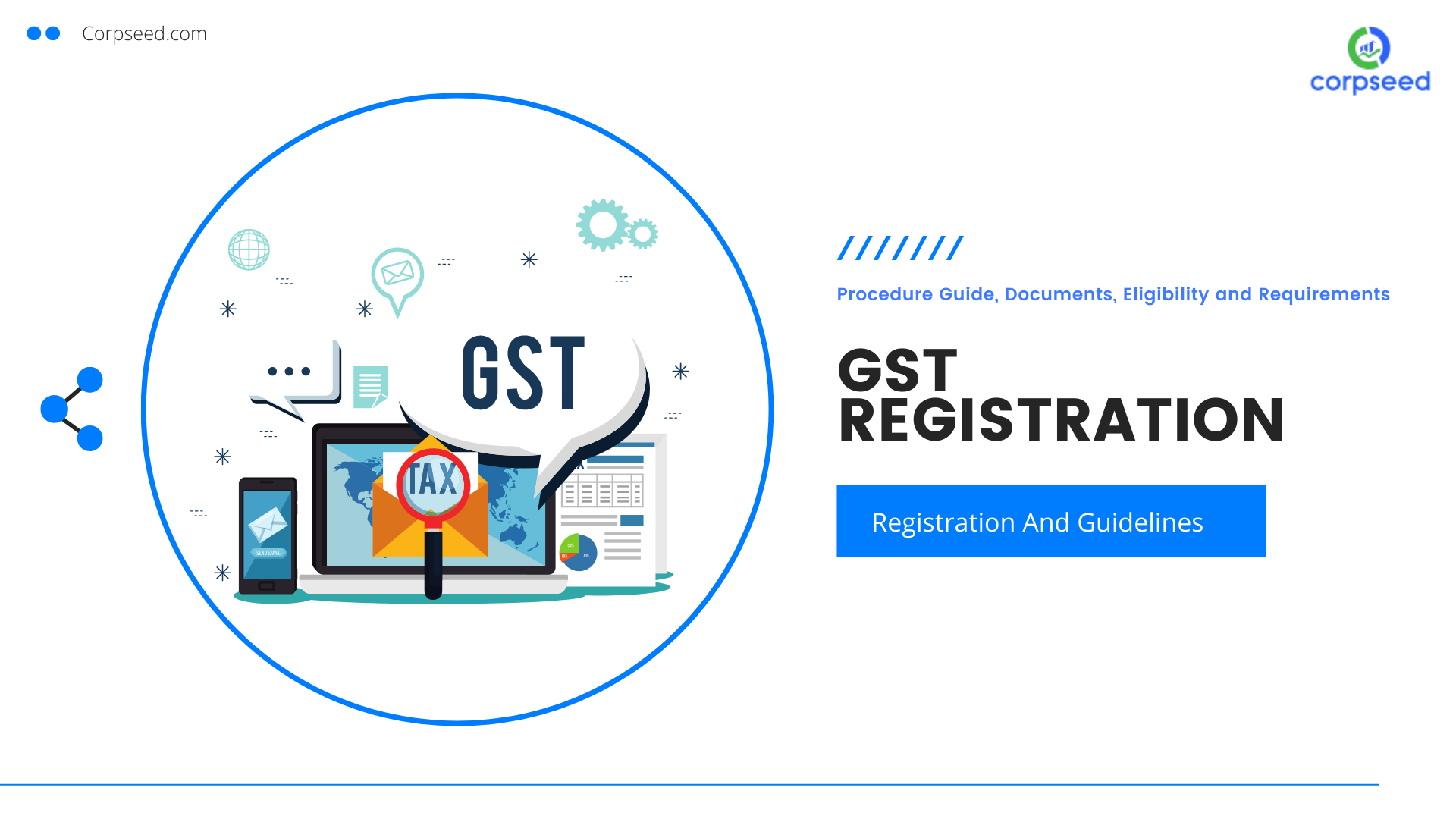Comprehensive Overview to the very best GST Registration Services in Singapore
Comprehensive Overview to the very best GST Registration Services in Singapore
Blog Article
From Beginning to Complete: The Ultimate Roadmap to GST Enrollment for Services Seeking Financial Stability
Browsing the intricacies of Product and Solutions Tax (GST) enrollment is a crucial step for businesses making every effort for financial security. From comprehending the basic concepts of GST to complying with post-registration guidelines, the procedure can appear daunting in the beginning glimpse. Nevertheless, damaging down the roadmap into convenient steps can simplify the registration journey for organizations seeking to enhance their monetary standing. Let's check out the essential parts that comprise this supreme roadmap and uncover just how each phase adds to laying a solid structure for monetary success.
Comprehending GST Basics
Digging into the basic concepts of Product and Provider Tax Obligation (GST) is important for getting a thorough understanding of its ramifications on services and the economic climate. Input Tax Credit (ITC) is a significant function of GST, allowing businesses to claim credit history for taxes paid on inputs, lowering the total tax concern. Understanding the basics of GST is crucial for services to conform with tax laws, handle their financial resources successfully, and contribute to the country's economic growth by taking part in a transparent tax obligation system.
Qualification Standards for Enrollment
As of the present laws, the threshold limitation for GST registration is an annual accumulation turn over of 40 lakhs for services operating within a state, except for unique classification states where the restriction is 20 lakhs. In addition, certain services are required to sign up for GST regardless of their turn over, such as interstate vendors, informal taxable individuals, and companies accountable to pay tax under the reverse charge system. It is vital for businesses to thoroughly assess their turnover and deal types to identify their GST enrollment responsibilities precisely.
Documents Required for Registration
Having actually satisfied the qualification criteria for GST registration, companies need to currently guarantee they have the requisite records in location to continue with the registration process efficiently. The records required for GST registration commonly consist of evidence of organization constitution, such as collaboration act, enrollment certification, or consolidation certificate for various kinds of businesses. Additionally, companies need to supply records developing the major place of organization, such as a rental contract or electricity bill.
Step-by-Step Registration Process
Beginning the GST enrollment procedure involves a series of structured steps to make sure a compliant and seamless registration for organizations. The very first step is to see the GST website and complete the enrollment kind with accurate details of business entity. Following this, the applicant receives a Momentary Recommendation Number (TRN) which is made use of to resume the application procedure if it's not finished in one go.
Following, all needed records as per the list provided by the GST portal demand to be uploaded. These files commonly consist of evidence of company address, identity and registration proofs of marketers, financial declarations, and company entity's frying pan card.

Post-Registration Compliance Guidelines

Conclusion
In verdict, organizations seeking monetary stability must comprehend the basics of GST, fulfill eligibility standards, collect necessary records, adhere to the step-by-step enrollment procedure, and adhere to post-registration guidelines - Best GST registration services in Singapore. By sticking to these steps, services can guarantee compliance with tax policies and preserve monetary stability over time
In addition, particular companies are required to sign up for GST irrespective of their turn over, such as interstate providers, informal taxable individuals, and additional reading companies liable to pay tax obligation under the reverse cost device.Having actually met the eligibility standards for GST registration, services should currently guarantee they have the requisite documents in location to proceed with the enrollment procedure efficiently. The records required for GST enrollment typically include evidence of organization constitution, such as collaboration deed, registration certificate, or unification certification for various types of organizations. Additionally, services need to supply files establishing the principal place of service, such as a rental arrangement or electrical energy expense.Commencing the GST registration procedure entails a series of organized actions to make certain a seamless and certified registration for services.
Report this page